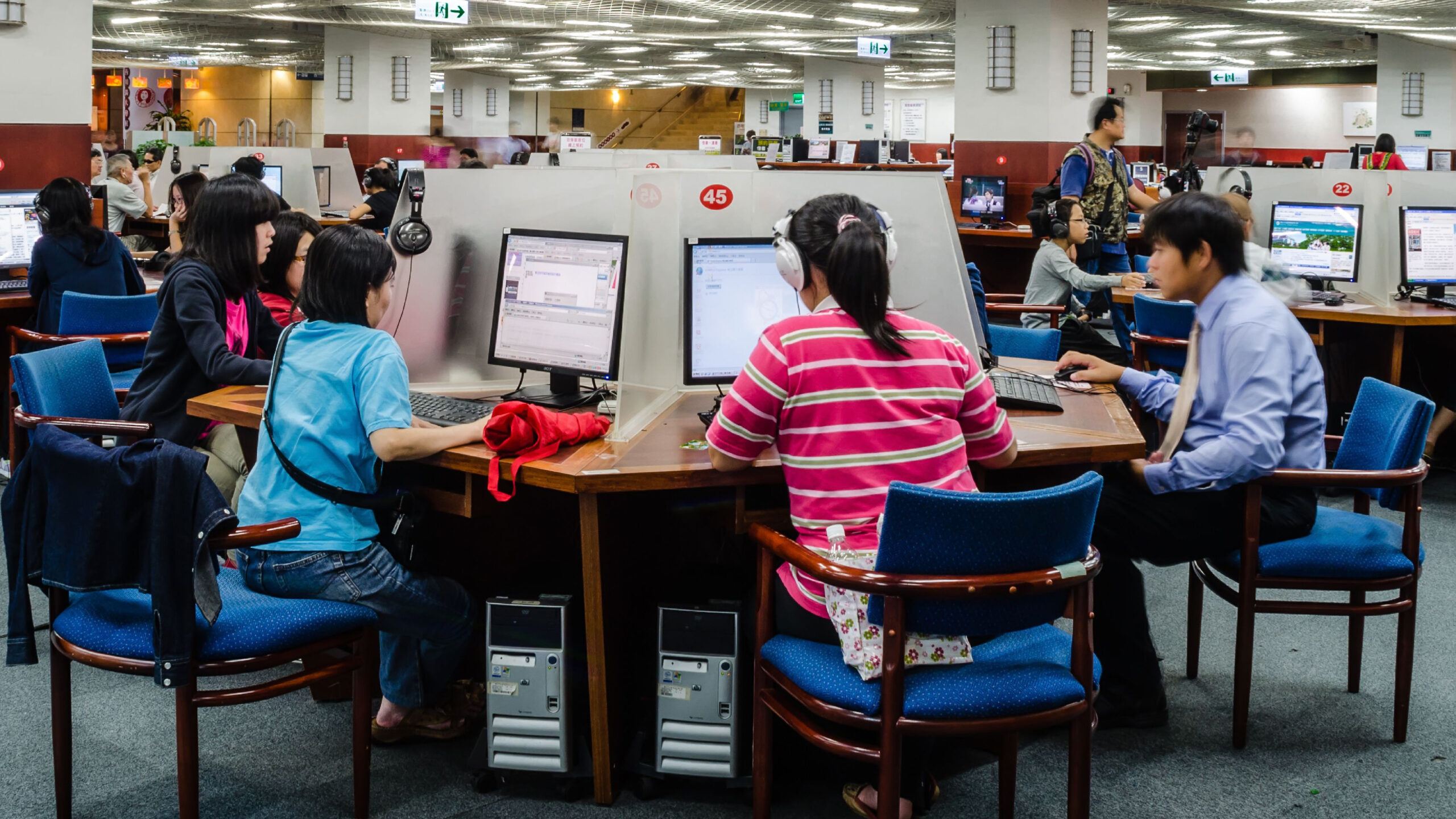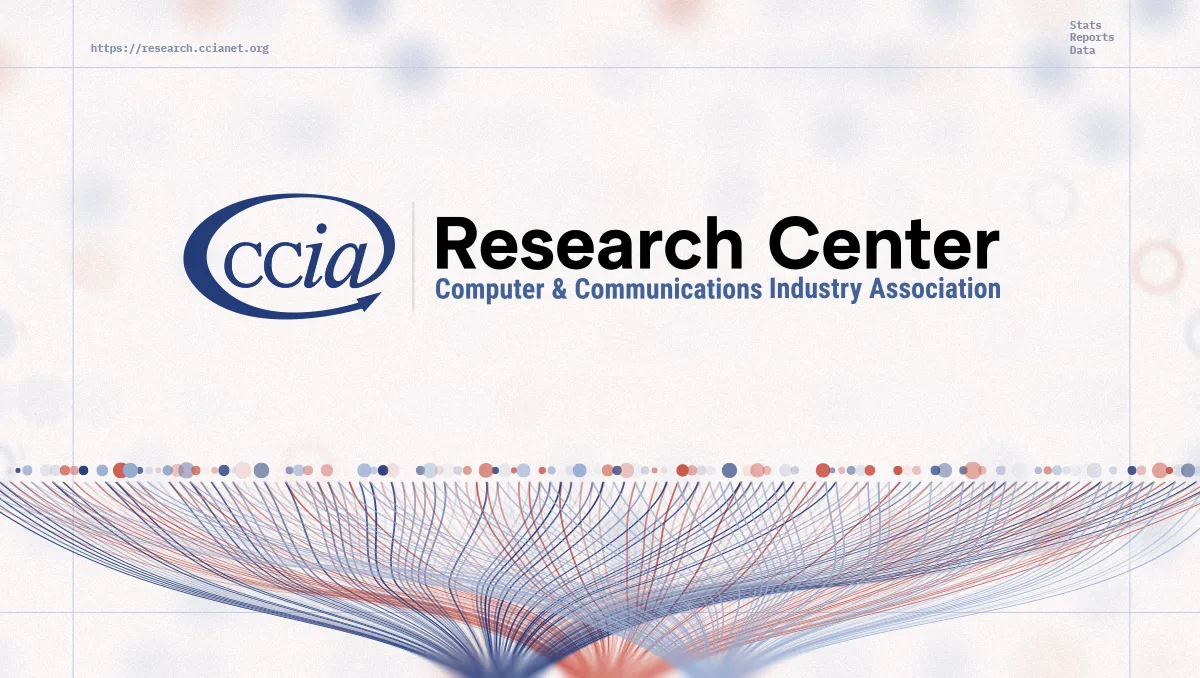Platforms, Fandoms and Questionnaires: What Should the Internet Look Like Next?
This column is going to discuss two things, platforms and fandoms. Both are seen as incomprehensible to outsiders and yet are actually changing the way the internet works. Stand at any bus stop or train station in any big city and you’ll see rows of commuters, face down to the bluish glow of their smartphone, idly flicking through their screens looking at the internet — or, rather, Facebook, WhatsApp, Tumblr, Instagram, Pinterest and Twitter — which are actually platforms.
Let’s start with Fandoms: they wouldn’t exist without platforms, and show why competing platforms give geeks what they want. Users naturally flock to the platform which best suits their particular fascination, and what the internet helps do is enable an level of intensity that simply couldn’t exist before. (If you’re not sure what a Fandom is, it’s a group of internet users who really, REALLY like something or someone, from Harry Potter to My Little Pony.)
For me, the perfect example is Sherlock Holmes: when Sir Arthur Conan Doyle sent the detective to his death, tumbling over Reichenbach Falls in 1893, fans mourned and demanded Holmes’ return, using all the technology they had available. Now, fans of the BBC series Sherlock use all the technology they have available to theorize, share fanfic and generally get excited before the next installment. It’s the same thing, just scaled up — as evident as an Indian Adder (or was it a Boa Constrictor?)
I wanted to know more about fandoms, so I asked a millennial, but not just any millennial. Marie Le Conte is a charming and erudite young lady when we sometimes share a desk at Londoner’s Diary, but she’s also an outstanding guide to the online world — so much so, she’s writing a book about it.
“The platform that’s consistently been hosting the most fandoms is Tumblr… they initially launched as a “micro-blogging” platform, which is to say that it was intended as very minimalistic,” she explained as I scrolled through the pretty pictures and enthusiastic fan-art. “I can’t exactly remember when it happened but basically a few years in, teenagers discovered Tumblr and more or less took over, and with teenagers come fandoms.”
If you’ve ever felt your disdain could only be expressed by RuPaul sass, or a level of YASSS QUEEN SLAY which only Nicki Minaj could summon up, the internet is the place to be. “Pictures can be posted quickly, then reblogged by others, often with added commentary, which can even turn into a developing conversation as the image travels from blog to blog,” she said. “I think in a fandom the three most important things are: easily being able to post your own content, easily being able to add on, or comment on other people’s content, and having a strong sense of community.” All interesting, and all a step on from the internet as it used to be.
Another popular choice for image-based fandoms is Instagram — think the Kardashians and their endless world of selfies. If you think being a fan of something, or someone, is trivial fluff, know that Beyonce has 51.4 million followers and the New York Times is thoroughly intrigued by the way she uses this most visual method — and not more a wordy option like Twitter — to communicate with her fans. Think of the amount of internet traffic this translates to — it’s an even bigger deal than Kim K’s derriere.
Fandoms, like platforms, are mostly unintelligible to outsiders, bigger than one thinks, and also very important for the future of the internet. They are new and different and sometimes transient (dearest reader, not YOUR fandom, which will obvs last forever, like your OTP).
These platforms play a big role in how we go online, and the European Commission is keen to understand more about them. They’ve launched a consultation — you have until the end of the year to respond — to “better understand the social and economic role of platforms, market trends, the dynamics of platform-development and the various business models underpinning platforms.”
Clear? Very possibly not. But it’s actually very important: the way most of us use the internet now is basically bouncing around a series of platforms — usually without reading the terms and conditions. Moreover, in Brussels and beyond, not everyone can agree exactly what constitutes a platform — so like most arguments on the internet, people are debating the terms first. In addition, most popular platforms are based in the U.S., which has concerned European policymakers in the past. That’s one thing, amongst many, this consultation is trying to gauge.
“My mom, too, must be able to express her opinion on platforms,” in a debate this month said Fabrizio Porrino, Vice President Global Public Affairs of FacilityLive (a search and software company, and the most-invested Italian tech startup 2013/2014). “But she can’t, because nobody can really define what a platform is — thus the real question should be to ask is, if she thinks that non-European platforms can influence her behavior and if she is not OK with that.”
Even if the terms are settled, most agree that platforms is so wide as definition it covers pretty much everything. In the words of the DisCo’s instigator, the CCIA, the Commission’s “initial definition of online platforms is quite good,” says their man in Brussels, James Waterworth. “However, people need to realise it will include a very wide group of businesses from e-commerce sites, to online newspapers and the connected car.”
Those of us who recognize this noise will recall a time when the internet consisted of plain white text on a black screen and the most fun thing that one could do with it was go on Usenet groups to discuss Britpop, Star Trek: The Next Generation, and cereal. The idea of connected cars seemed like a crazy sci-fi daydream.
Other, greater internetologists than I have charted this progression through Geocities, All Your Base, LiveJournal, MySpace etc. etc., to bring us to the present day, where we now flick through “apps” on our “phones” in order to be apparaised of what our friends and peers are up to and smirk at cat GIFs*.
What comes next is unknown, but the debate about platforms is just one of many consultations going on about the online space. Ensuring the internet stays open, creative and constructive in the age of platforms is serious business. Which is why both platforms and fandoms deserve thinking about.
* The debate about how to pronounce the name of the popular looping graphic file (I’m team Hard G) is a perfect example of the kind of absurd argument has really only existed at scale since the internet came into our lives.








